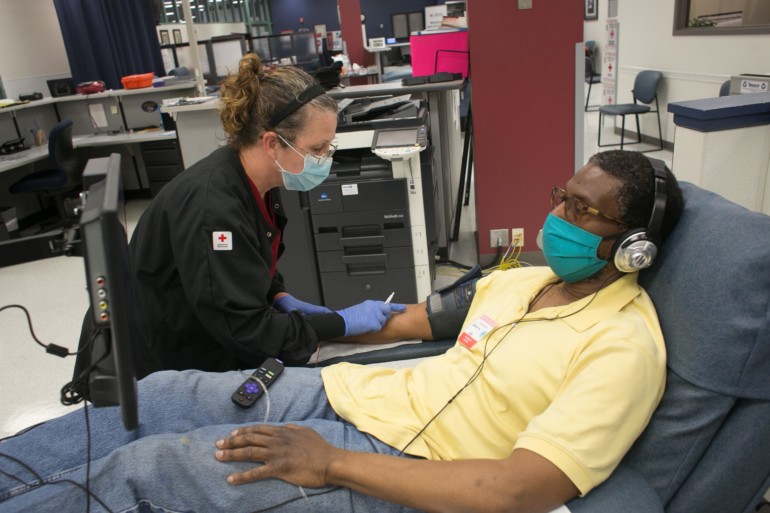Every two seconds someone in the U.S. relies on lifesaving blood for their medical treatment. This is a staggering statistic that underscores the importance and reliance on blood collection. The American Red Cross collects about 40% of the nation’s blood supply and provides this lifesaving blood to approximately 2,500 hospitals nationwide who use these blood products to save lives.
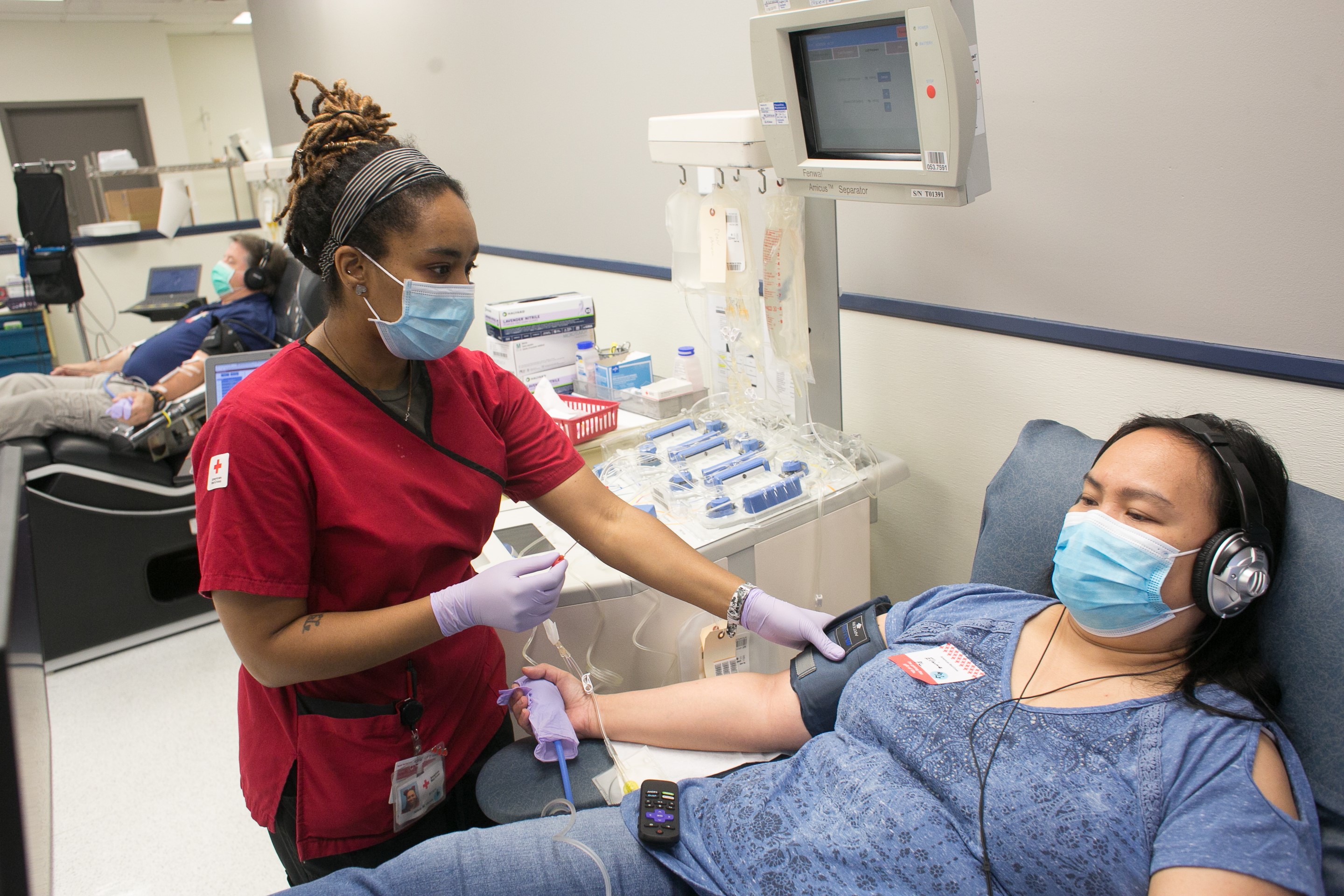
Everyday, across the country, the Red Cross must collect 13,000 units of blood from generous volunteer blood donors at approximately hundreds of blood drives. Blood and platelets are needed for many different reasons. Accident and burn victims, heart surgery patients, organ transplant patients, and those receiving treatment for leukemia, cancer or sickle cell disease may all need blood.
Supply can’t always meet demand because only about 3% of age-eligible people donate blood yearly. Each year, an estimated 6.8 million people in the U.S. donate blood. Each new donor helps to meet critical patient needs and helps to save lives.
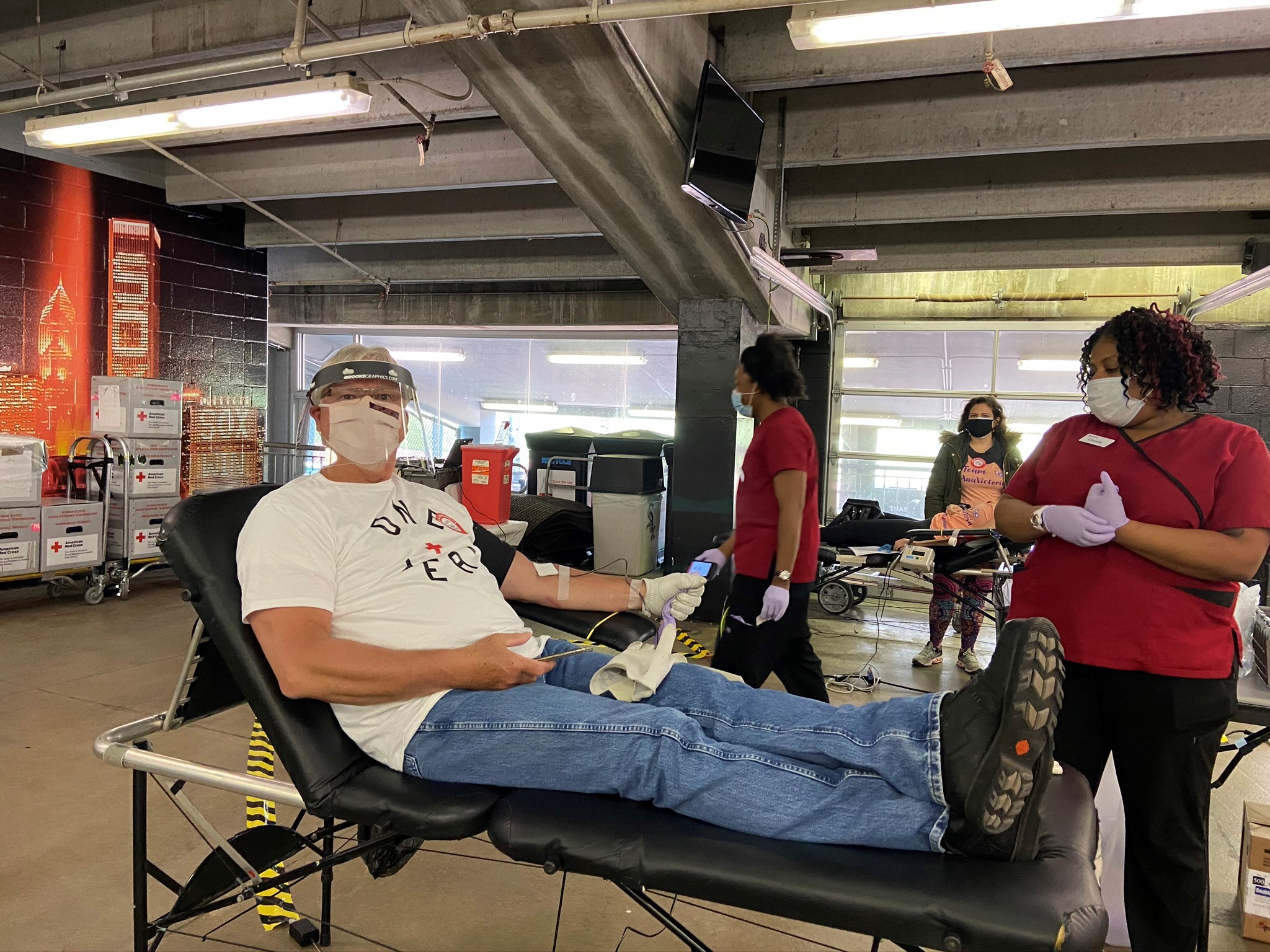
Throughout this pandemic the American Red Cross has seen thousands of blood drive cancellations across the country. This surge of cancelled events has made it difficult for loyal blood donors to find convenient and familiar neighborhood locations to give the gift of life. As community organizations, businesses and schools remain closed or restrict access to facilities once open to local events and members of the public, Red Cross blood drives at these locations also continue to be canceled. Because about 80% of blood donations are made at drives hosted by these groups, the Red Cross urgently needs the help of both blood donors and blood drive hosts to ensure blood products are readily available for patients.
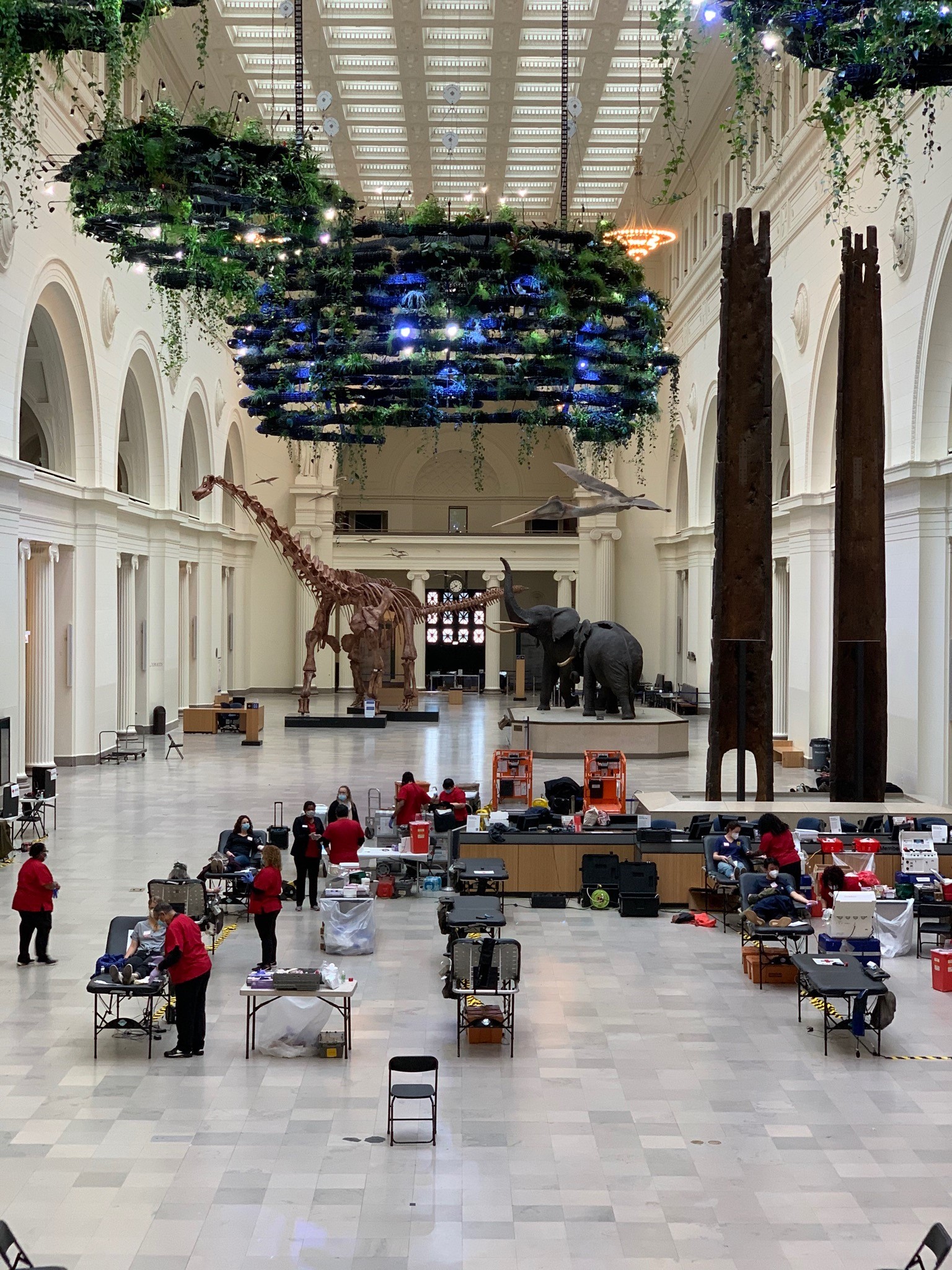
If you know of a location, where a blood drive may be hosted, please let the Red Cross know. During this pandemic, we need new locations to host blood drives. Learn more and sign up to sponsor a drive by visiting RedCrossBlood.org/HostADrive.
While each locality has unique circumstances around the spread of COVID-19 and community limited movement orders, blood collection is an essential service as stipulated by the CDC, and blood drives are not considered mass gatherings. Rest assured, the Red Cross has implemented enhanced safety protocols at all blood drives including: Pre-screening drive attendees to assess health markers prior to blood drive entry; Requiring face masks for all drive attendees; Providing hand sanitizer for use before the drive, as well as throughout the donation process; Routinely disinfecting surfaces, equipment and donor-touched areas; wearing gloves, and changing gloves often and following social distancing between donors.
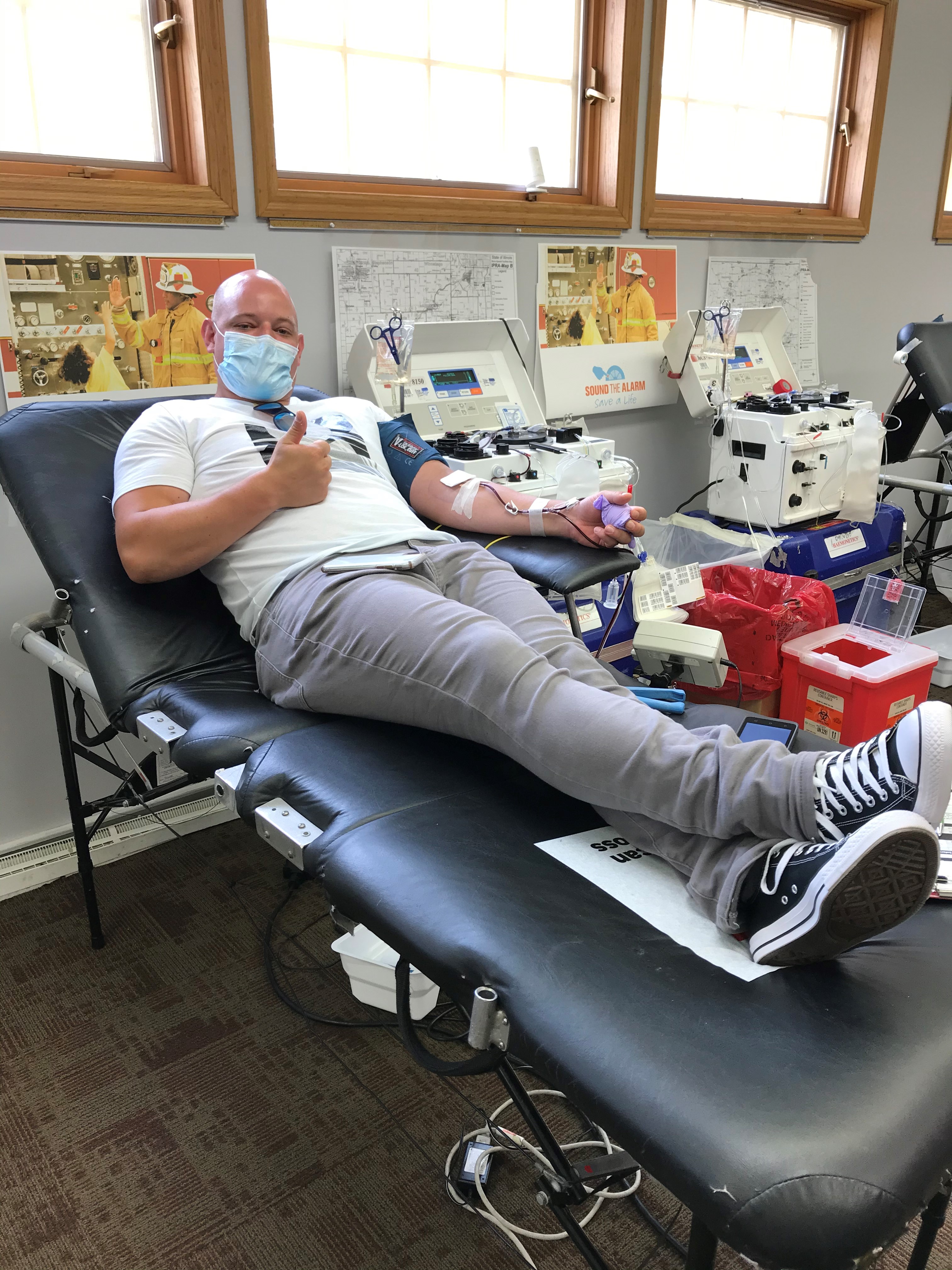
As the pandemic continues and we all grow weary from its challenges, it is important that we remember to care for one another- it is critical that blood drive operations continue to ensure patients have access to lifesaving blood transfusions. Blood cannot be stockpiled and must be replenished through the generosity of blood volunteer donors.
Eligible donors can feel good knowing that by donating through the Red Cross they may be helping patients not only in their community, but also family and friends across the nation.
More from Better:
- Dream Team: Glencoe Residents Team Up With Scott Simpson Design + Build Again to Bring Their Vision to Life
- Outward Bound: The Best Places to Hike Near Chicago
- Uptown Rising: The Multi-Million Dollar Restoration of the Uptown Theatre
Celena Roldán is the regional CEO of the American Red Cross of Illinois, the second largest region of the Red Cross, which responds to more than 2,000 disasters annually. The Illinois region covers 88 counties, has more than 3,200 dedicated volunteers, teaches health, safety and disaster preparedness skills to more than a quarter million people annually and collects more than 114,000 units of blood at more than 3,600 blood drives each year.
